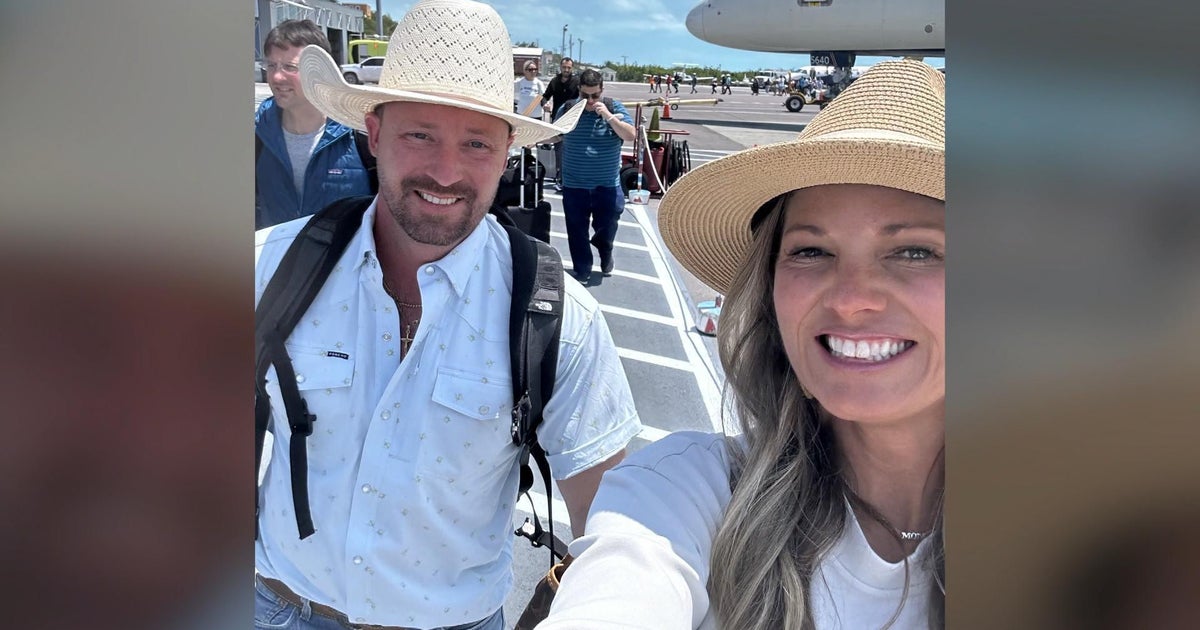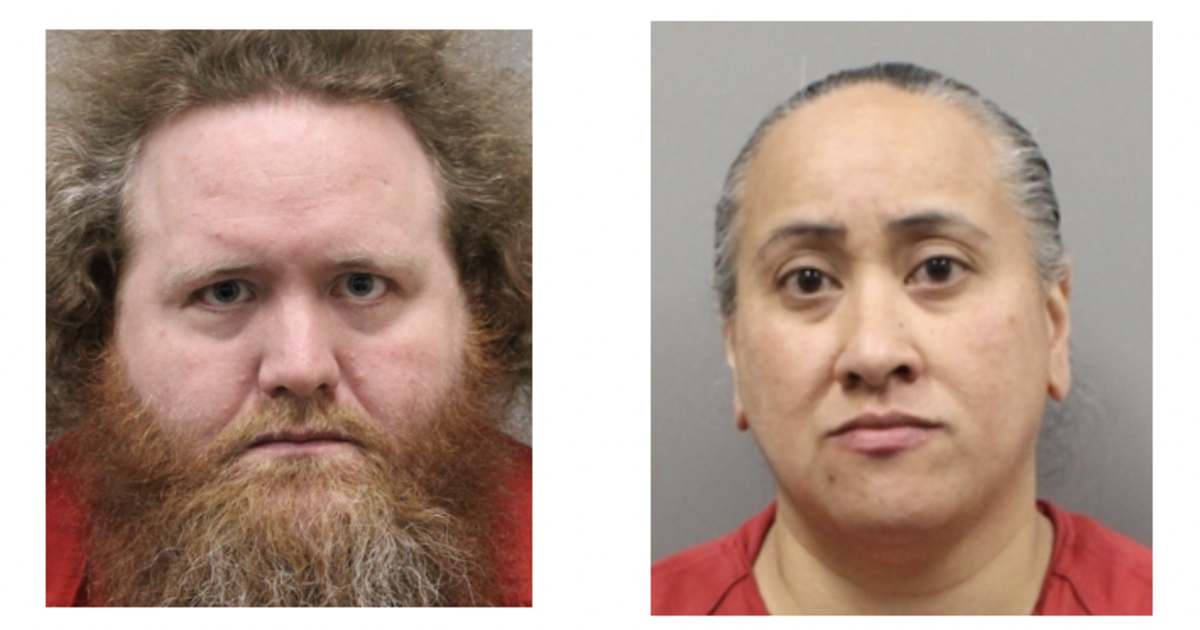Cops said it was meth – it was cotton candy: Inside the nationwide crime lab backlog
"CTM in Focus" is original reporting you'll see only on "CBS This Morning," exposing new information on issues that impact us all. There's a growing backlog at crime labs nationwide that's leaving victims waiting for justice: A recent government report found the backlog for DNA analysis increased almost 85% from 2011 through 2017. "CBS This Morning" got a rare look inside the Arkansas state lab, and spoke to one woman stuck behind bars because of the backlog.
On New Year's Eve in 2016, Dasha Fincher was on her way to a pawn shop in Macon, Georgia with her boyfriend, when she got pulled over because their car window tint looked too dark.
She said she wasn't nervous because "we weren't doing anything wrong."
Dashcam video showed that the pair was calm and cooperative – but things changed when the officer found a bag in the backseat. It contained cotton candy, which Fincher said was left in the car on a humid night, turning the fluffy treat into blue crystals. Results from a roadside test kit identified it as meth.
"I couldn't believe it," Fincher said, adding "I wanted to cry, but I was like 'this would be over in a minute. It would be over in a minute.' I really didn't even think that I would even go to jail."
But less than eight minutes later, she was in handcuffs, charged with possession of methamphetamine with intent to distribute. Her bond was set at $1 million, an amount she couldn't even come close to paying.
She sat in jail for three months. "I was just always calling home and telling them to please, please come up here and do something," she said tearfully, adding that it was the hardest time in her life. "I missed a lot," she said.
Desperate to get out, Fincher considered taking a deal before her evidence was even tested by the crime lab. According to her attorney, James Freeman, the testing process could take at least three months in Georgia.
Freeman said "it's not just a chance, it's a fact" that innocent people are taking plea deals just to get out of jail as a result. Fincher passed on taking that deal, and was eventually released when the lab results came back negative for any illegal drugs. She's now suing.
Her battle with backlog is not unique, according to Freeman: "It's not just drug cases. It's not just accused criminals. It's everything that needs to be tested by the crime lab."
But Georgia isn't the only state facing a growing crime lab backlog: CBS News has uncovered that dozens of states are significantly behind. At least seven states had average lab result turnaround times greater than 100 days in 2019. Rhode Island, West Virginia, and South Carolina all had average turnaround times greater than 150 days.
In Illinois, there's a backlog of more than 23,000 cases. In South Carolina, it could take more than nine months to get results back on DNA or firearms testing. In Rhode Island, the backlog is almost 10 months for non-violent crimes. In Idaho, the average DNA and rape-kit testing takes 92 days, but they do have examples of cases that have been pending 615 days -- almost two years.
It's an issue in Arkansas, too, where crime lab director Kermit Channell says the problem escalated about six years ago in connection with the opioid crisis. In his lab alone, DNA and drug cases have nearly doubled since 2014.
"Our hope was is that this is just a blip on the radar, this is just a cyclical event and it's gonna decrease, but were not seeing that," Channell said. "We're seeing a steady increase in the case submissions we're getting."
"It's not (just) simple marijuana," Channell added. "It's methamphetamine, it's fentanyl, it's heroin."
Channel said his crime lab tests 23,000 pieces of essential evidence in drug cases each year, which translates to a potential 150-day delay to get the case ready for a grand jury or an indictment. But Channell emphasized that this isn't an isolated problem, it's a "national epidemic."
"We have to be vigilant," Channel said. "Every state has that obligation to do a deep dive, and make sure their processes are efficient, and make sure that they're having the correct funding and person to do the job that they're expected to do."
Arkansas's governor approved more funding for the crime lab, and the state will open a new lab in July. It's working closely with prosecutors to close out cases where a deal has been struck, and farming out some of the testing to private labs because they can't handle the backlog themselves.



